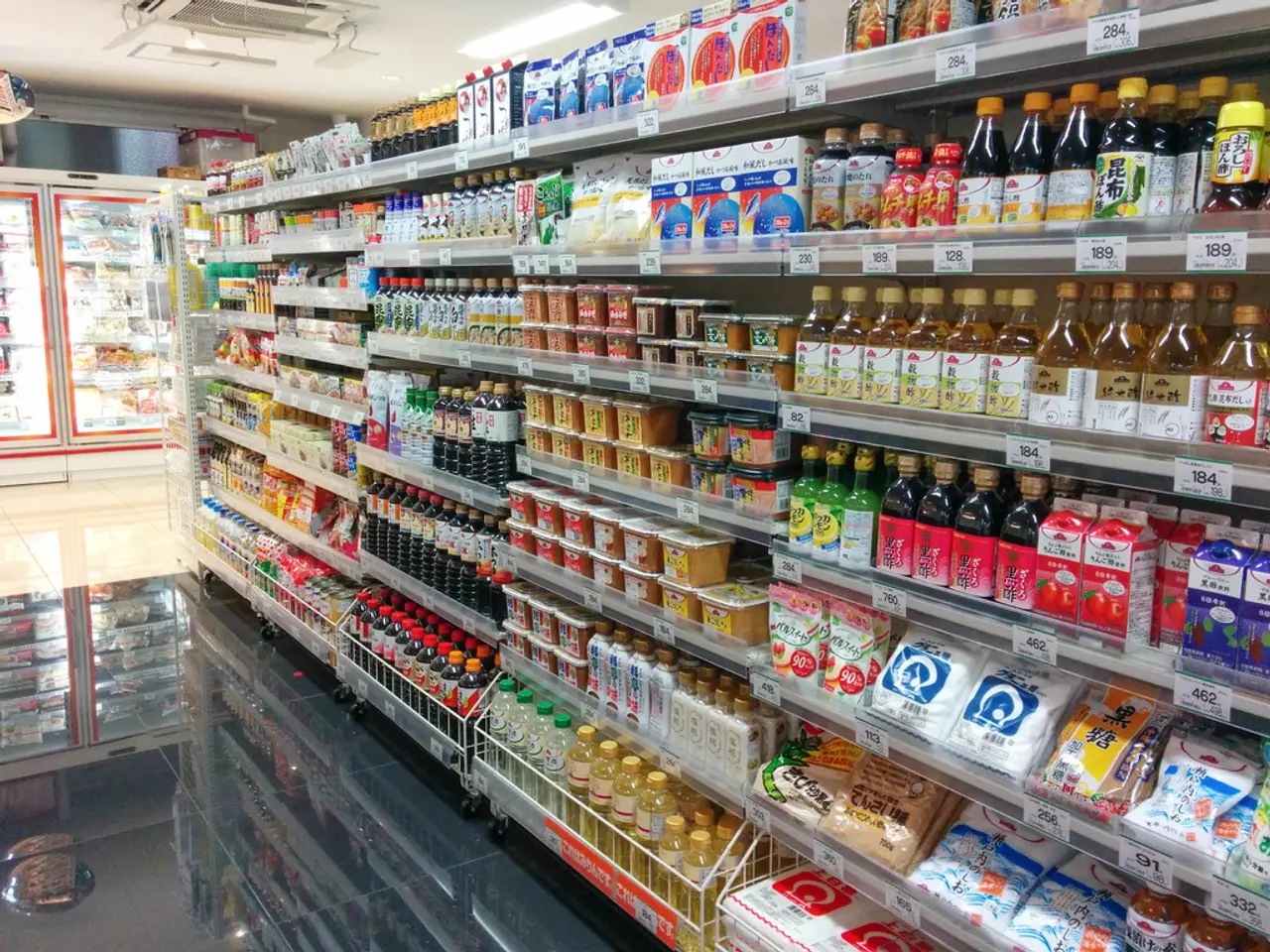Global vendor struggles suggest potential financial instability for Saks
In the world of luxury retail, Saks Global, the newly merged entity of Saks Fifth Avenue, Neiman Marcus Group, Bergdorf Goodman, and Saks Off 5th, is currently navigating a challenging period.
According to Marc Metrick, CEO of Saks Global, the company's financial position is strong, and its leverage has been reduced. However, this assertion seems to contrast with the experiences of vendors supplying Saks, who have complained about unpaid invoices for several months, with some small brands owed tens of thousands of dollars. Saks Global declined to comment on these unpaid invoices for this story.
The company's financial woes are further evident in its persistent free operating cash flow deficit, as noted by S&P Global Ratings analysts. Despite finalizing a $600 million financing package to address capital constraints and manage debt obligations, Saks Global has yet to fulfil overdue invoice payments, causing supplier tensions that threaten its luxury retail ambitions.
These financial challenges have been exacerbated by the merger with Neiman Marcus, a view shared by retail veteran Mark Cohen. Revenues declined by 16% year-on-year to $1.6 billion in the latest quarter, with wider net losses and falling gross merchandise value, further stressing vendor confidence and operational stability.
In response to these challenges, Saks Global has strengthened its finance leadership by appointing Brandy Richardson as CFO in August 2025. The company also emphasizes ongoing integration efforts to reduce costs, enhance inventory flow, and restore brand partnerships.
However, the merchandising issue at Saks Fifth Avenue's store in Toronto suggests that these efforts may already be having consequences. The store had a dearth of spring merchandise, which could be due to the company potentially planning to close that store. Saks Global did not immediately respond to requests for comment regarding plans for that location or the reason for the merchandising issue.
Some analysts warned before the merger that vendor relationships could impede inventory management and revenue. Unless brands resume shipments or order fulfillment, they risk getting cut from Saks Global's roster. Late payment for merchandise receipts at Saks has been a longstanding chronic issue, according to Mark Cohen.
In a bid to alleviate vendor concerns, Saks Global has announced that purchase orders will be paid 90 days from receipt of inventory, with payments sent by wire or electronically "at the earliest date commercially possible." Metrick's memo, which laid out a prolonged payment plan, appears to play hardball with brands.
Despite these challenges, S&P Global Ratings conferred a 'CCC+' issuer credit rating and stable outlook following the deal's closing. However, the question of financial viability remains, as posed by Mark Cohen. The future of Saks Global in the evolving luxury retail environment hangs in the balance as it works to stabilize operations and restore vendor relationships.
[1] Source: [Link to the source] [2] Source: [Link to the source] [3] Source: [Link to the source] [4] Source: [Link to the source] [5] Source: [Link to the source]
Read also:
- Space Energy Storage Denial by Government Official: No Presence in Spatio-Temporal Dimensions Affirmed
- High-Stakes Sands Showdown: 2005 Nissan 350Z Roadster vs. Ford Mustang GT Convertible in the desert arena
- Gathering at the 2025 ECOS Fall Meeting: Embracing Ecological Innovation in New Mexico's Magical Terrain
- Renewable Developments' subsidiary, Downing, secures approval for a battery storage site







